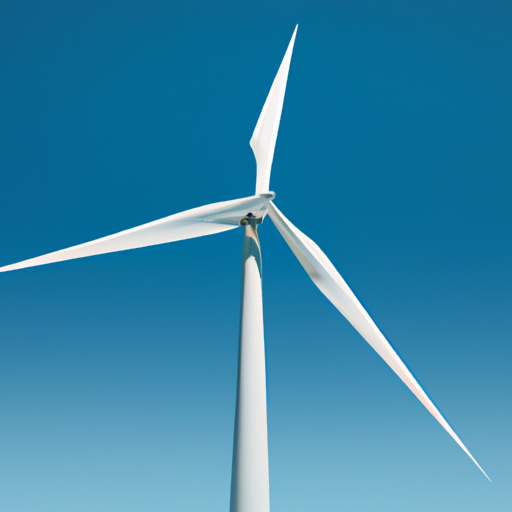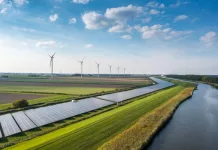Last month, attempts to bid on offshore wind leases in the Gulf of Mexico by the Biden administration met failure. However, all was not lost for the world of renewable energy. In fact, the recent onstart of two extensive wind power projects by Pattern Energy in Arizona and New Mexico serve as a cause for optimism. These projects are seen as massive strides in the renewable energy sector.
About the Wind Power Projects
The renewable energy firm Pattern Energy took charge of these projects. Work has begun on a 3000 megawatt wind farm in New Mexico and a transmission line under the project alias SunZia. The purpose of the transmission line is to transport the clean energy generated from the site in New Mexico to Arizona and then onward to California. According to the schedule, both sections of the SunZia venture should be operational by 2026.
The Journey So Far
The SunZia project, a combination of a wind farm and a transmission line, is recognised as the most significant wind power venture in the western hemisphere. After undergoing an environmental review back in 2009, the project hit a snag regarding the transmission line’s planned path crossing an area connected to the White Sands missile range in New Mexico. Regardless, it came on track by 2015 with the resolution of the dispute.
In 2021, the blueprint for the SunZia timeline began to take shape with the US Bureau of Land Management indicating that the transmission line’s final approval was imminent. With the Department of the Interior concluding the review process, Pattern finally held its groundbreaking ceremony recently. It underscores SunZia as the most substantial clean energy infrastructure in the US history.
Project’s Anticipated Impact and Benefits
Pattern anticipates that the transmission project alone will add 2,000 construction jobs. Counting the SunZia wind farm, Pattern projects a boost of $1.3 billion in revenues for local communities, federal and state agencies, and overall economic benefits of $20.5 billion. There are also chances of conservation employment due to Pattern’s collaborations with local stakeholders and environmental organisations.
Hunter Armistead, CEO of Pattern Energy, expressed his pride in the SunZia project’s application of industry-leading standards in environmental mitigation and emerging technology.
Concerns and Responses
The energy firm ensures to utilize all emerging technologies to alleviate the risk of collision between birds and power lines. Thus, the Audubon Society has commended the efforts made to minimize impacts on birds and communities. Powerlines are indeed a significant cause of bird deaths, but with habitat loss, glass collisions, and predatory cats also playing their part, the risks from wind farms appear manageable.
The Texas Example
When operational, SunZia will echo the landmark CREZ wind power initiative in Texas. The Competitive Renewable Energy Zones (CREZ) initiative is a glowing example of how wind power can be harnessed effectively. Despite a lack of political support, the state has become a leader in terms of wind power capacity, solar power, and energy storage.
Recent Developments
The response to offshore wind leases in Texas’s coastline has been weak due to factors like less optimal wind resources in the Gulf and competition from onshore renewable energy resources. By contrast, Louisiana, another Gulf state, has seen success with a bid for a third lease area.
The winning bid of $5.6 million was put up by the company RWE. In addition, state-owned waters are expected to see further offshore wind development with projects by Diamond Offshore Wind (a subsidiary of Mitsubishi Corporation) and Kontiki Winds currently under negotiation.
Getting local support for wind farms is easier in areas already populated by oil and gas infrastructure, and the local oil and gas industry can also contribute knowledge, equipment, and workforce to offshore wind projects. As Louisiana is showing, this synergy between industries can lead to a more sustainable supply chain.
Pattern Energy’s SunZia project is set to bring new jobs, power, and a massive boost to renewable energy industry in the US. With its commitment to ensuring minimum environmental liability, it serves as a promising precedent for future renewable energy projects.

























